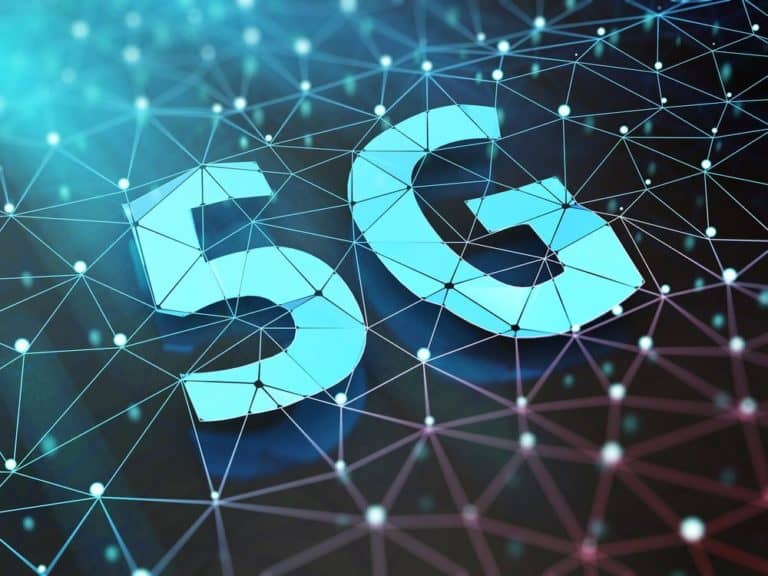Huawei has had a good 2018. It is expected that the Chinese hardware manufacturer will also have a good 2019. But the giant’s expansion plans remain complicated, especially because of fears from Western governments about possible cooperation between Huawei and the Chinese intelligence services.
Today, the company faced another setback. The British telecom giant Vodafone has now announced that it will at least temporarily stop purchasing hardware from the Chinese manufacturer. This means that, in addition to the United States and Canada, other countries will follow with a ban on Huawei products.
Press 5G
The decision of Vodafone puts a lot of pressure on Huawei’s plans around 5G. The company wanted to play a crucial role in building and deploying 5G networks worldwide. This is no longer possible in various Western countries and it seems that the company is getting fewer and fewer opportunities to do so.
The Wall Street Journal reports that Huawei and Vodafone probably continue to work together in various other countries. The temporary purchase ban only applies to European markets. It states that there are and can continue to be cooperation between Huawei and Vodafone in countries such as India and Turkey, but also in certain parts of Africa.
An unintended consequence for European markets may be that the roll-out of 5G networks is temporarily delayed. It is also possible that the networks will be more expensive than originally expected. In a statement, Vodafone CEO Nick Read informs you of the following:
We have decided to pause our further cooperation with Huawei while talking to various agencies and authorities and Huawei to conclude this situation, and I feel that Huawei is working very openly and very hard.
This news article was automatically translated from Dutch to give Techzine.eu a head start. All news articles after September 1, 2019 are written in native English and NOT translated. All our background stories are written in native English as well. For more information read our launch article.